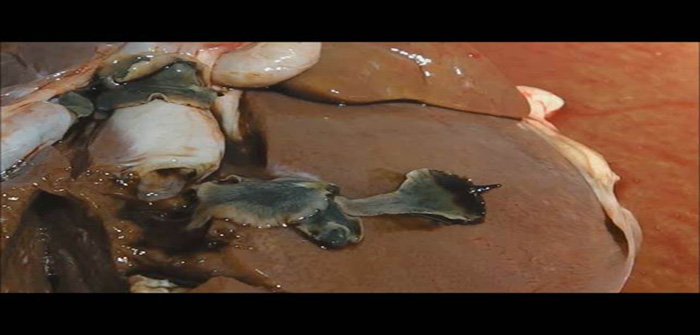The inclusion of rumen fluke egg counts on reports provided by laboratories should not detract from important information provided by liver fluke egg counts, say experts in the Sustainable Control of Parasites in Sheep (SCOPS) and Control of Worms Sustainably (COWS) groups.
The industry-led groups highlight faecal egg counts (FECs) – or faecal egg detection reports – as an important tool to monitor liver fluke, but fear the inclusion of rumen fluke eggs on the information sent back to vets, advisers and farmers from laboratories could result in knee jerk reactions to unnecessarily treat for both parasites (or the wrong parasite).
This is important to avoid because over-treatment costs time and money and, more worryingly for long-term sustainability, speeds up the development of resistance to the limited number of flukicides available to producers.
Nerys Wright, an independent consultant speaking on behalf of SCOPS, said: “The presence of both liver fluke and rumen fluke eggs is a common finding, but any treatment should focus on the presence of liver fluke because rumen fluke rarely causes disease, whereas disease caused by liver fluke can be hugely damaging in both cattle and sheep. It is also worth noting there are no products licenced in the UK for the treatment of rumen fluke.
“SCOPS and COWS highly recommend using regular faecal egg count monitoring for liver fluke – but please don’t be distracted by the inclusion of incidental rumen fluke eggs on laboratory reports. The presence of rumen fluke does not mean they are causing disease.”
Detection of rumen fluke eggs indicates the presence of adult rumen fluke. On the very rare occasions rumen fluke does cause disease, it is when large numbers of immature rumen fluke collect in the duodenum (duodenitis), which a faecal egg count or egg detection report wouldn’t show up.


